As the conflict prepares to enter its second month, Sudanese military warplanes bombed the southern city of El Obeid on June 14, further worsening the humanitarian crisis in Sudan.
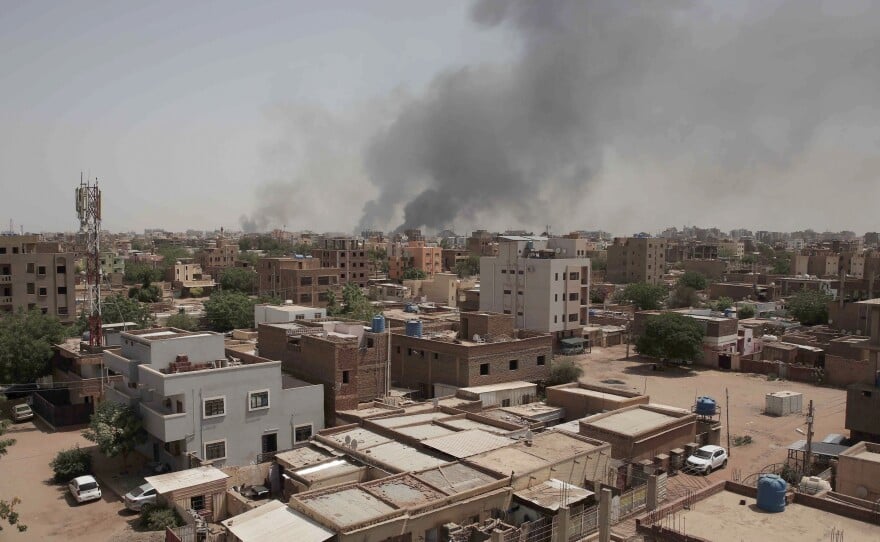 |
| The war in Sudan is heating up with airstrikes in the city of El Obeid. (Source: AP) |
The Sudanese military has carried out its first airstrikes on the city of El Obeid, the capital of North Kordofan state, 350 km south of the capital Khartoum. The city has been under siege by the paramilitary Rapid Response Forces (RSF) since fighting broke out in mid-April.
For the past eight weeks, fighting has been concentrated in the capital, Khartoum, with a population of 5 million, and in the vast Darfur region in the west. Despite Saudi Arabia and the United States’ efforts to broker a lasting ceasefire in the East African country, fighting between rival factions in Sudan has continued to spread.
On June 13, Saudi Arabia announced that it will hold a conference on June 19 with partners including Qatar, Egypt, Germany and the European Union (EU), in coordination with United Nations (UN) agencies, to mobilize humanitarian aid to overcome the consequences of the conflict in Sudan.
According to the International Organization for Migration (IOM), since the conflict broke out in Sudan, about 2.2 million Sudanese have been forced to flee nationwide, and more than 1 million have fled Khartoum to seek refuge in neighboring countries.
The UN says a record 25 million people, or more than half of Sudan’s population, need protection. But as of late May, an appeal for $2.6 million needed to help the UN address the crisis had only been met by about 13%.
Sudan is also facing a severe humanitarian crisis, with clean water running out in entire districts of the capital, Khartoum. Electricity is only available for a few hours a week. Most hospitals in the war zone are out of service, and aid facilities are regularly looted.
Source




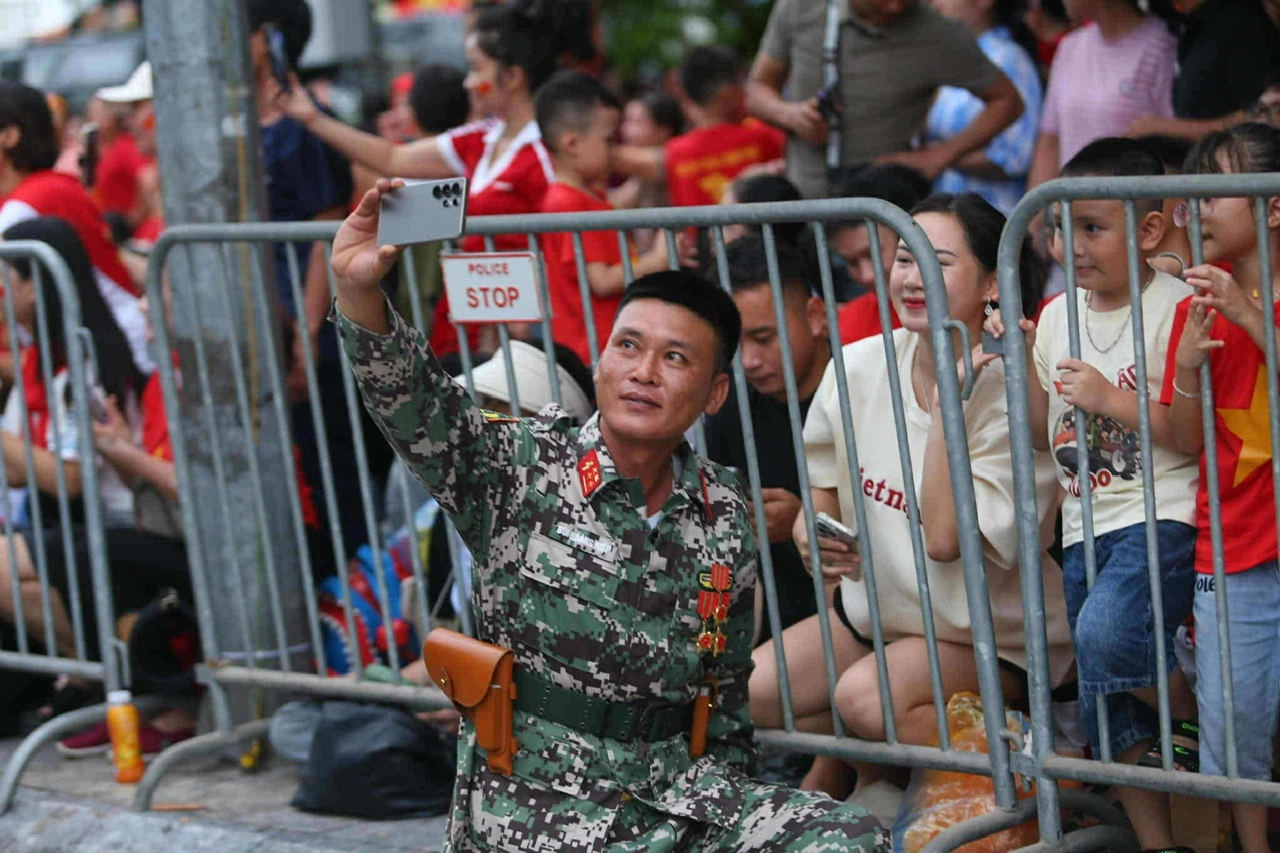

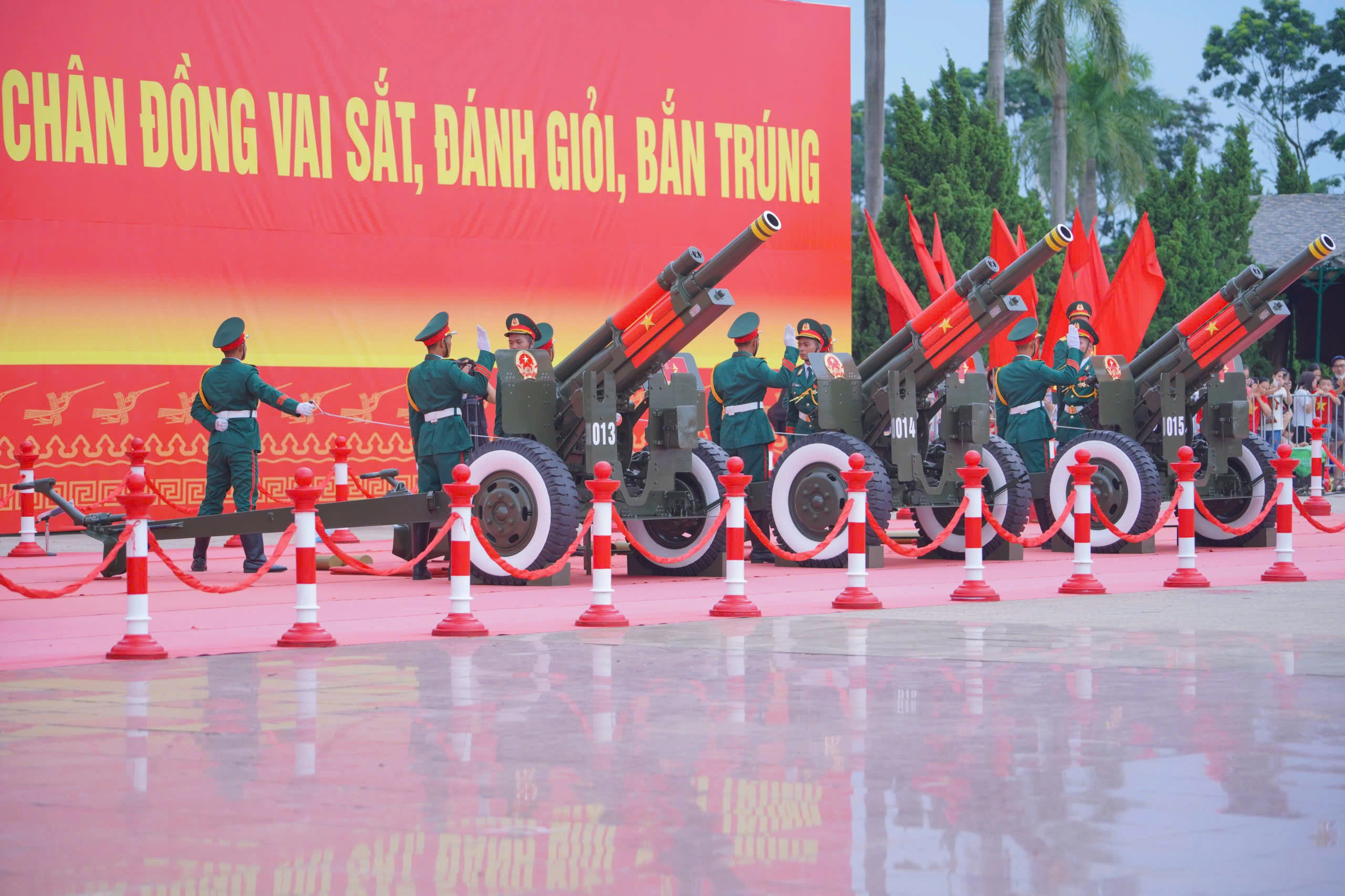
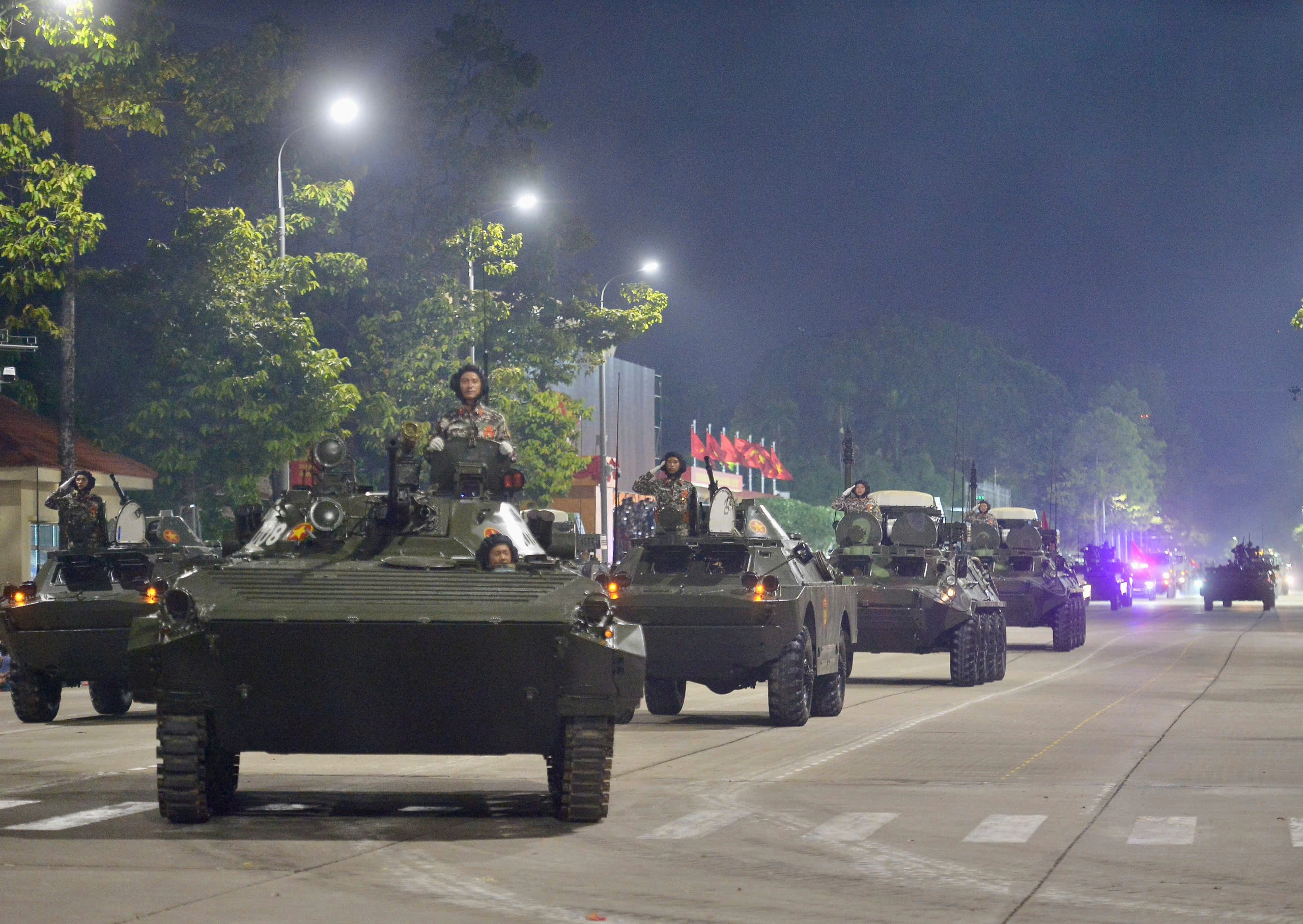
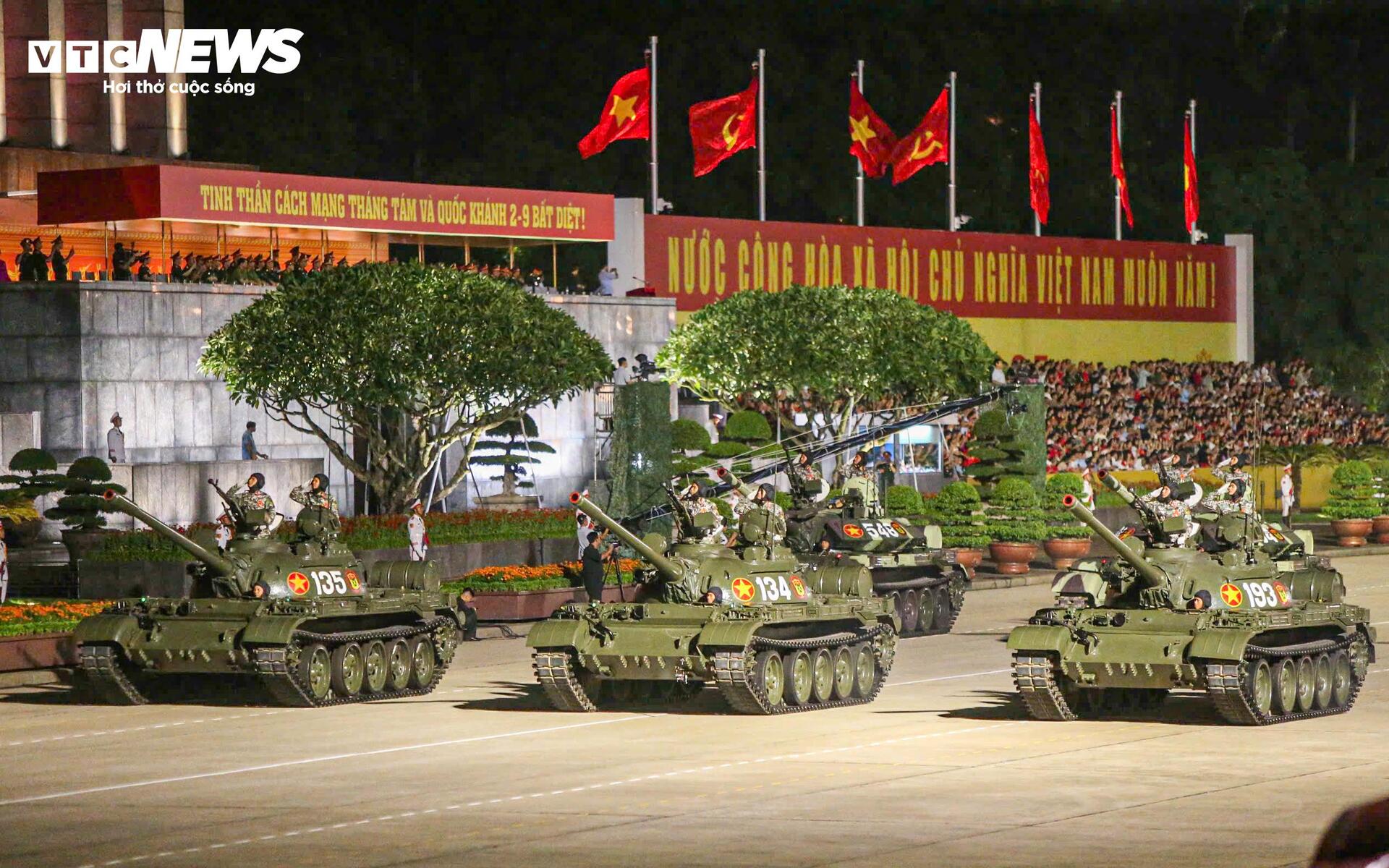
















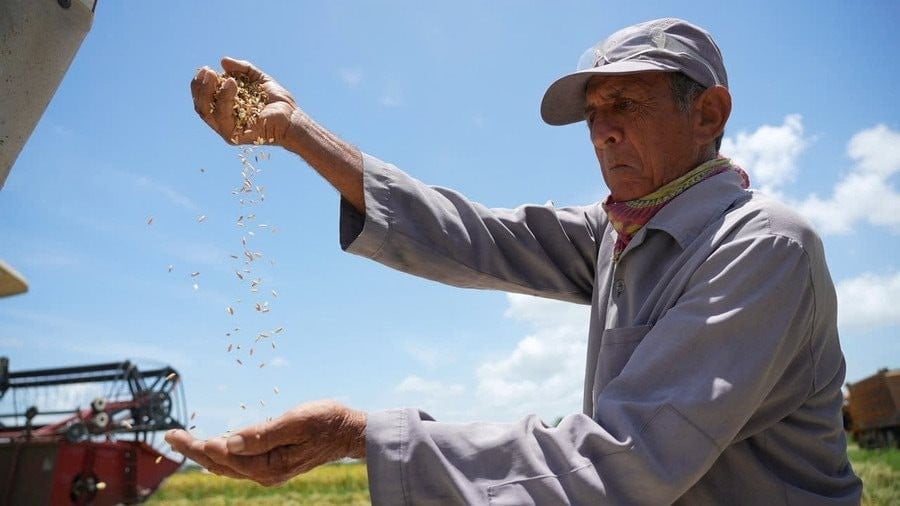







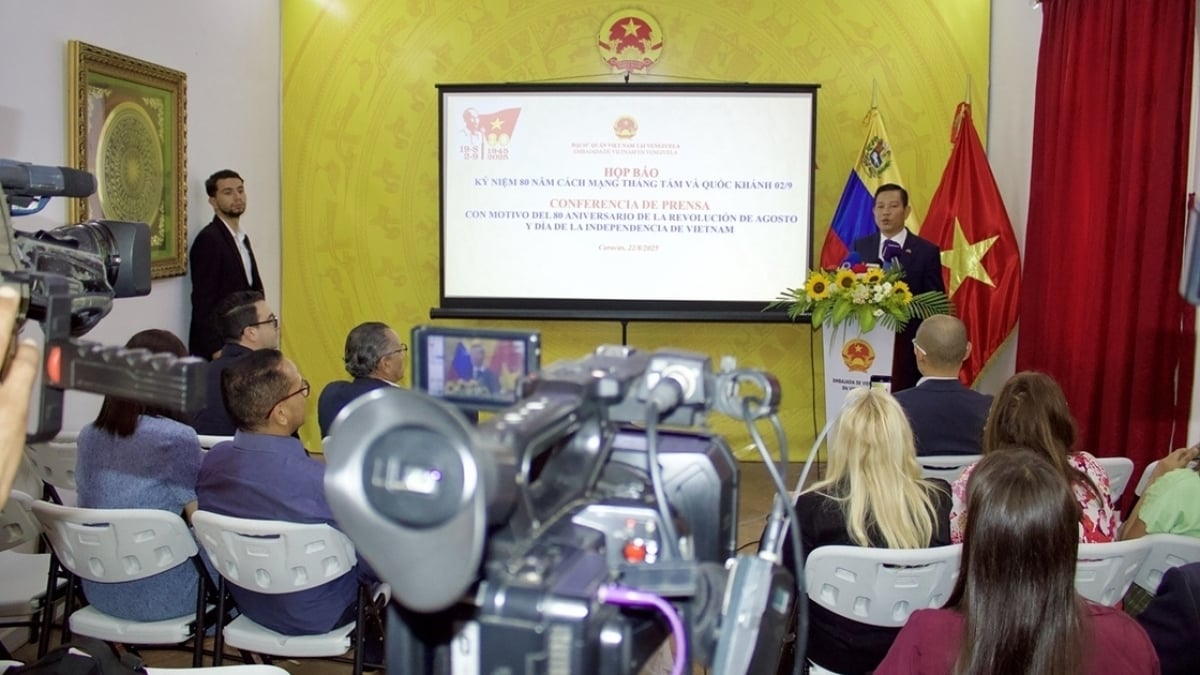




















































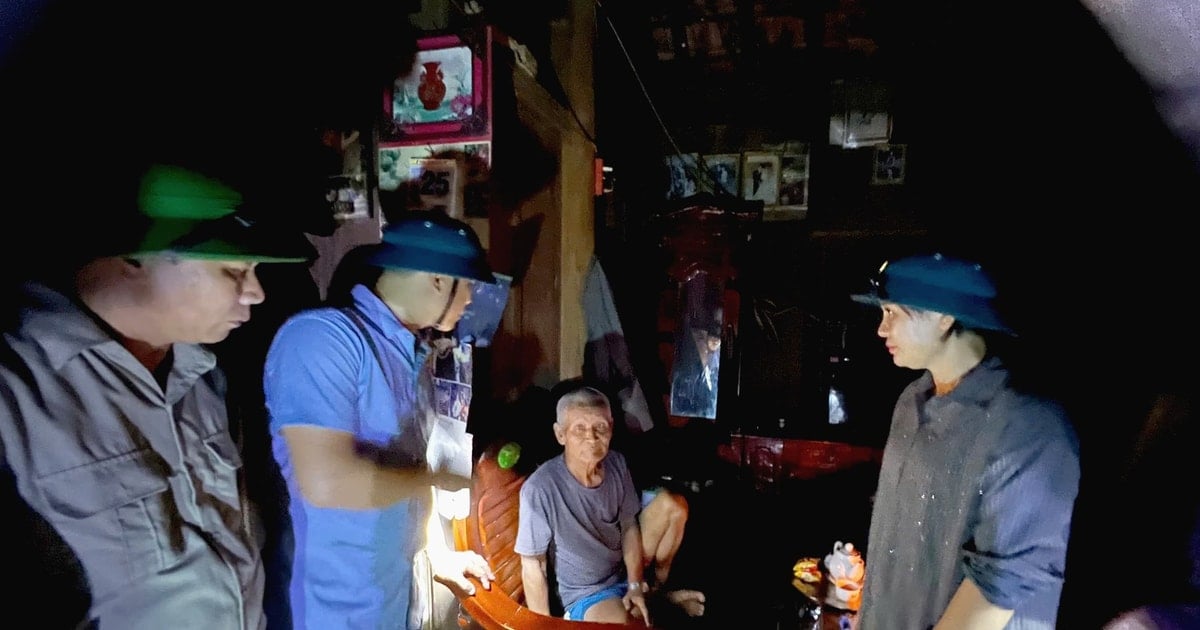



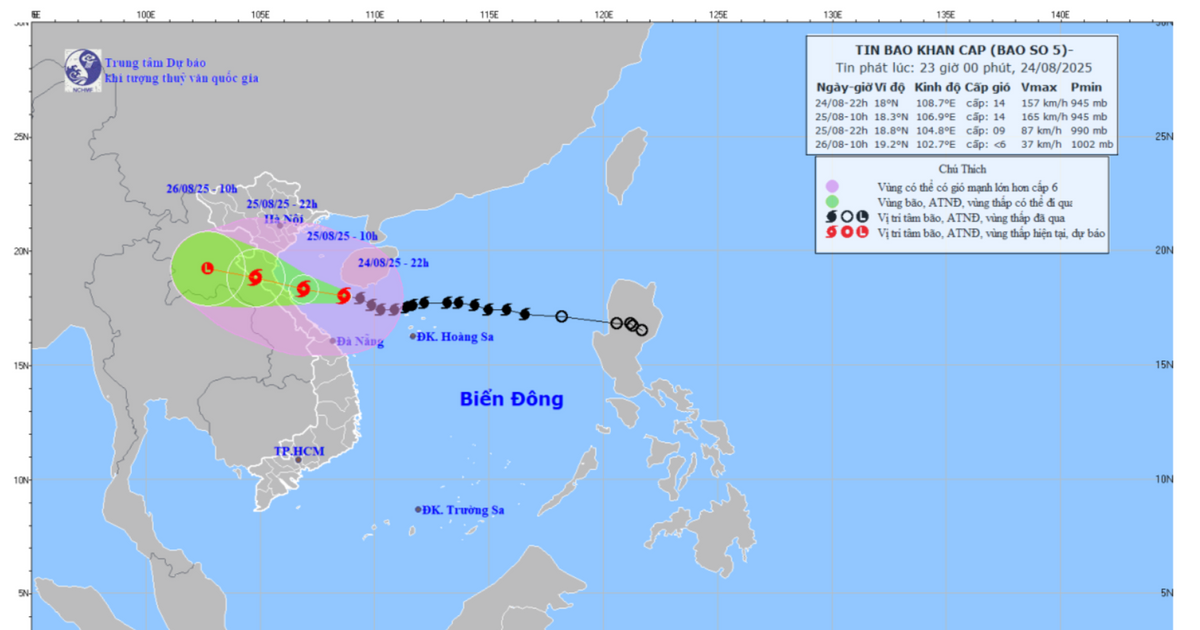
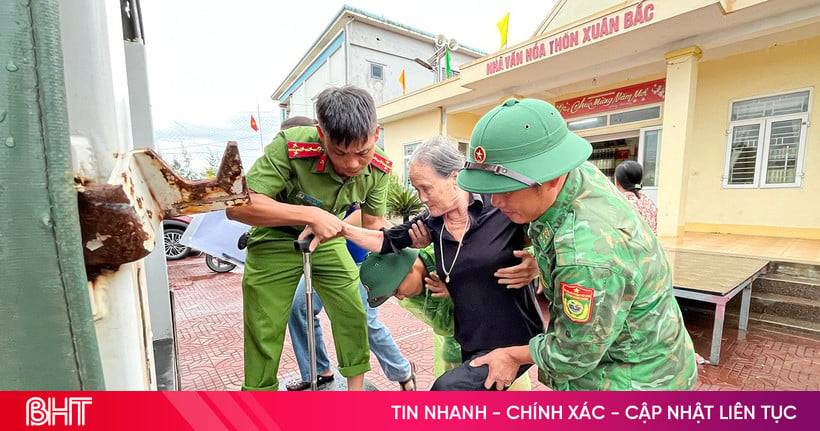

















Comment (0)